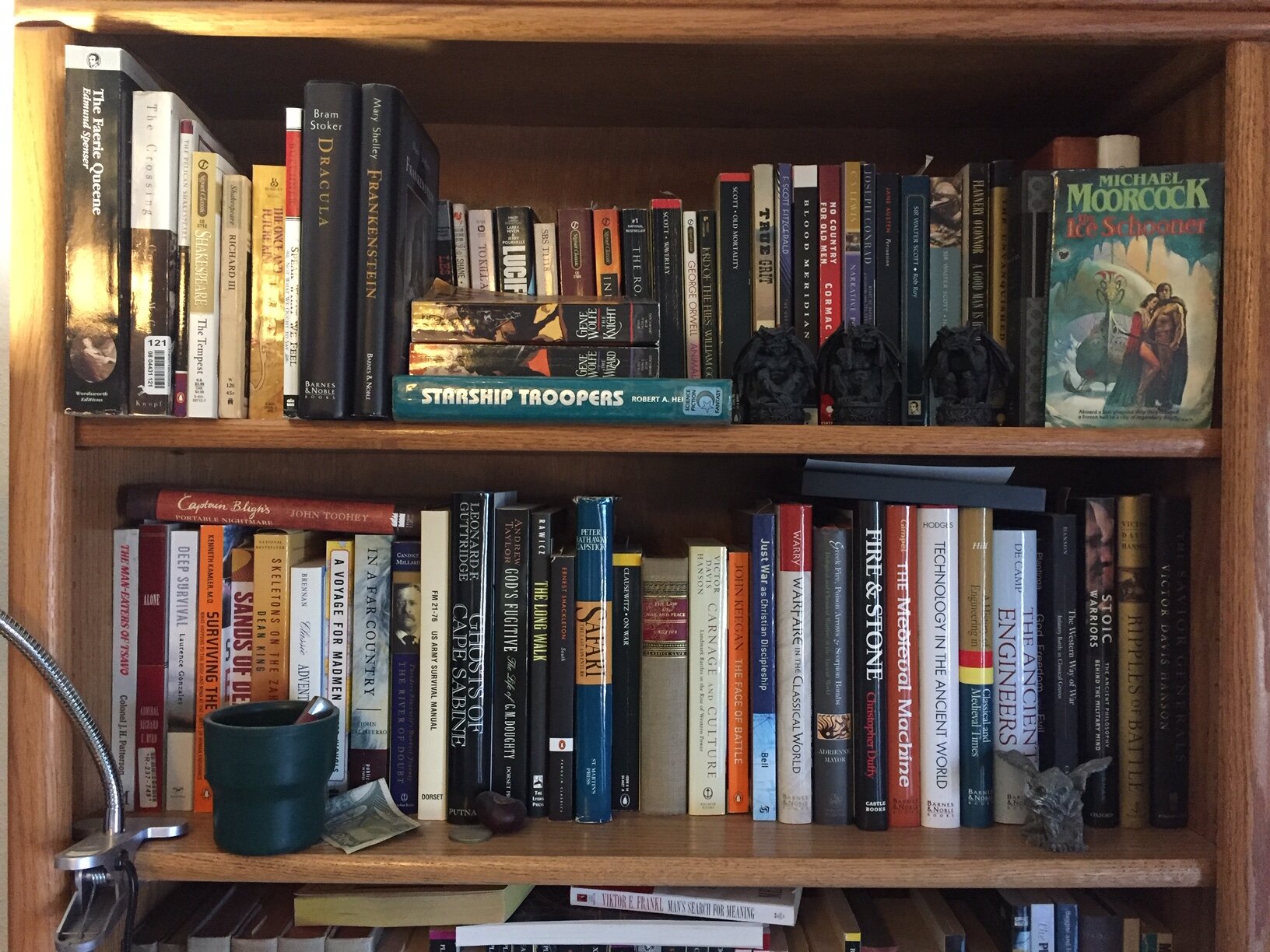I first heard about this book in a podcast entitled The Three Phases Of Discipleship produced by Coram Deo Church. Not only did discussion of its contents intrigue me, but I am in the season of life which occupies the author’s major effort in it, so I decided to read the book for myself.
The premise of the book is that maturation into adulthood falls into three seasons. The first season extends from puberty into the 20s and 30s and is the time where the basics of living in the world as an adult are discovered through finding answers to questions like “Who am I?”, “Who loves me?”, and “How will my life turn out?” The middle season, the longest season, covers life up to the 70s. During this time, according to the author, mature people, having settled into life and who are living more for others than for themselves, begin to consider questions like, “How can I give my life away more purely, and more meaningfully?” and “How do I live beyond my own heartaches, headaches, and obsessions so as to help make other peoples’ lives more meaningful?” The last season encompasses the latter years approaching the end of life and considers the question, “How can I give my death away?”, by which the author means “leaving this planet in such a way that our diminishment and death is our final, and perhaps greatest, gift to the world.”
The author addresses a broadly Christian audience and he gives Christian focus to the seasons of human maturation by integrating them with a consideration of life as a disciple of Jesus, that is our maturing into the likeness of Jesus as we mature as adults. He summarizes in this way:
Essential Discipleship – the struggle to get our lives together
Mature Discipleship – the struggle to give our lives away
Radical Discipleship – the struggle to give our deaths away
The structure of the book follows these divisions.
Part One of Sacred Fire lays out the author’s understanding of the discipleship seasons and gives a brief summary of Essential Discipleship. A more fully developed treatment of Essential Discipleship can be found in the author’s earlier book The Holy Longing.
Part Two, the heart of the book, is an extended meditation on Mature Discipleship, covering the particular challenges and sins of this season and how to deal with them. The challenges include a partially unbroken pleasure principle, a new kind of loneliness, resentment of duty, workaholism as an escape, pervasive sadness, and a deep struggle to forgive. The sins he lists as most prevalent are pride, envy/jealousy, anger, sloth, greed, gluttony, and lust. He grounds his explanation of these challenges and sins in his pastoral experience and offers remedies for them via scriptural mediations, insights on prayer, and considering the value of being a source of blessing to others. The author concludes this section with Ten Commandments For The Long Haul, intended to give a more concise summary of what is needed to achieve Mature Discipleship.
Part Three is a brief consideration of Radical Discipleship using the Passion of Jesus as a model for how to face death while continuing to be a blessing to others. The author intends to write a third book that will provide an in-depth treatment of this season of life.
I found the pastoral insights of the author to be perceptive as to the nature of Mature Discipleship. The author is writing out of the Roman Catholic tradition and there are some applications of scripture he makes which I do not agree with. However, I still recommend Sacred Fire to individuals desiring a window into their own hearts. I also recommend this book to those who may minister to or otherwise counsel adults.

